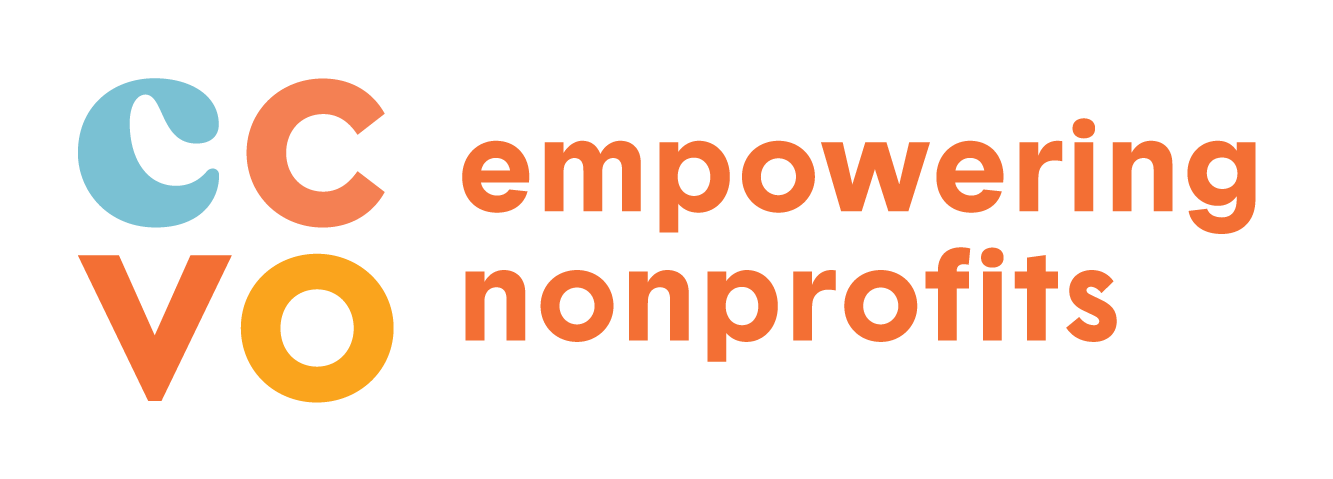Government of Alberta’s Public Inquiry into Environmental Groups
By Lina Khatib, CCVO Policy Analyst
Updated in October 2021, from previously updated August 2019 post.
In July 2019, the Alberta government launched a public inquiry into the foreign funding sources of environmental groups who are critical of Alberta’s energy sector policies. Before that, Premier Kenney promised to establish an ‘Energy War Room’ to respond to campaigns directed at Alberta's oil and gas sector. The combination of the public inquiry and the war room, among other tactics, are being framed as efforts to bring prosperity back to Alberta’s oil and gas industry. Here is what we know and how we think it might impact the nonprofit sector, particularly organizations that hold charitable status designation through the Canada Revenue Agency (CRA).
The inquiry in Alberta has been given a $2.5 million budget, from which $900,000 has been spent in the first four months (note that Inquiry's budget was increased to $3.5 million in June 2020). The inquiry is still undergoing an information review, and it is unclear if public hearings will be necessary. Steve Allan will be leading the inquiry as Commissioner, and will be required to submit an interim report to government by January 31, 2020 and a final report by July 2, 2020 (note that the inquiry's deadline was extended to October 31, 2021). The Commissioner has set up a website to share information about the inquiry and has invited the public to submit relevant information. Currently, the only submission made public through the website is the letter sent from Ecojustice on September 17, 2019.
ADVOCACY CHILL: DIFFERENT PLAYERS, SAME GAME
It wasn’t very long ago that the previous federal Conservative government heightened scrutiny around the work of environmental charities by conducting a special audit through the CRA. The scope of the audits expanded beyond environmental charities, to include human rights and anti-poverty charities, among others. Although the audit process varied in intensity and extent across organizations, it is now commonly recognized as having created an ‘advocacy chill’. Major developments have eased this chill but have not removed its effects entirely.
In July 2018, an Ontario Court ruled that limiting political activities of charities amounts to an infringement of freedom of expression. This ruling gave charities the freedom to engage in nonpartisan public policy advocacy without fear of it resulting in a challenge to their charitable status.
The federal Income Tax Act has been updated to remove limits on charities from participating in political activities.
CURRENT CONTEXT
Currently, it is legal for environmental groups to accept foreign funding. In fact, foreign funding is accepted by groups well beyond the world of nonprofits. The oil patch in Alberta relies significantly on foreign money, and the amount of foreign funding going to those opposing the industry has been largely exaggerated. A November 2019 submission by the Muttart Foundation to the Commissioner of the Alberta Inquiry reveals that a total of 284 Alberta charities reported receiving foreign funds, representing 2.7% of total revenue received by those charities. Nonetheless, the provincial government has identified individual environmental organizations that it intends to question throughout the public inquiry. Several of the named organizations are also registered charities with the CRA, which likely means they will be under closer scrutiny because of their tax-exempt status.
IMPACTS WITHIN ALBERTA
CCVO believes that this inquiry could lead to a broader questioning around the source of philanthropic money that is used to fund the advocacy work of some registered charitable organizations. Additional concerns for these organizations will include the potential for loss of charitable status, loss of funding, and risks to the reputation of the organization. The financial impact is related to the potential legal fees that organizations could incur, and the potential for cuts to provincial government grants. Foundations themselves might question whether they want to continue being involved in funding charities who are engaged in public policy advocacy.
IMPACTS BEYOND ALBERTA
Currently, the inquiry is limited to Alberta. Steve Allan has said that he is considering asking other provinces for jurisdiction that would allow him to compel witness testimony and evidence elsewhere in Canada. This is very significant from a broader charitable sector perspective, especially as it relates to safeguarding the December 2018 Federal Income Tax Act changes.
WHAT NONPROFITS CAN DO
Charities, and nonprofits in general, have a history of taking positions on matters of public interest. It is a risk to the democratic process when any order of government treats certain groups as opponents because their contributions to public policy conversations differ from the government’s priorities. Good public debate allows for the inclusion of all voices. In a recent Globe and Mail article on the topic of civil society, CCVO’s President & CEO, David Mitchell, states: “The Pembina Institute, an environmental think tank focused on energy and climate change, may be at odds with an industry group such as the Canadian Association of Petroleum Producers, but both are important parts of civil society.”
There is a role for the nonprofit sector to play in the public inquiry. Environmental groups can use the inquiry to showcase their transparency and to reinforce the good work that they do. Many of these groups have noted that the information being requested, such as funding sources, is already publicly available online. More broadly, this inquiry presents an opportunity to talk about the responsible and crucial ways that nonprofits engage in public policy dialogue. Our sector has an opportunity to help reframe and continue the conversation, and provide vital information to shape important public policy discussions.
As the public inquiry unfolds, CCVO will be sharing information and analyzing the impacts on nonprofits so that you can stay up-to-date and informed on this important issue.

